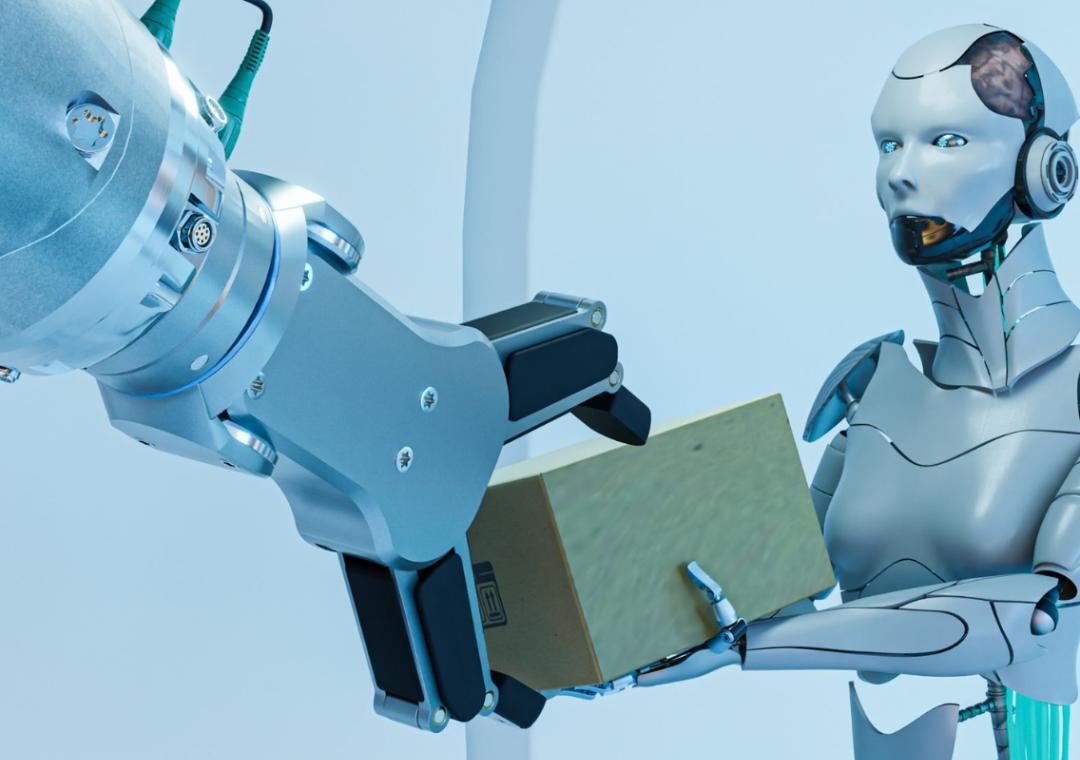
Is your retail strategy ready for AI agents?
The retail landscape is undergoing a significant transformation, driven by the rapid advancement of artificial intelligence (AI) technology. Gone are the days of static playbooks and manual decision-making, as modern retailers are adopting dynamic, agent-powered systems to stay ahead of the competition. AI agents are revolutionizing the retail industry by automating tasks, optimizing operations, and providing real-time insights to drive business growth.
In this blog post, we’ll explore the benefits of AI agents in retail, their applications, and the key considerations for implementing this technology in your retail strategy.
What are AI agents in retail?
AI agents, also known as intelligent agents or chatbots, are software programs designed to perform specific tasks and interact with customers or internal stakeholders. In retail, AI agents can be integrated into various systems, including inventory management, supply chain logistics, customer service, and marketing.
AI agents are programmed to learn from data, adapt to changing circumstances, and make decisions autonomously. They can analyze vast amounts of data, identify patterns, and predict customer behavior, allowing retailers to optimize their operations, improve customer experience, and drive revenue growth.
Applications of AI agents in retail
AI agents are being applied in various areas of retail, including:
- Inventory management: AI agents can automatically monitor inventory levels, reorder products when stock is low, and optimize storage and shipping logistics. This reduces the risk of stockouts, overstocking, and lost sales.
- Price optimization: AI agents can analyze market trends, competitor pricing, and customer behavior to optimize price points, ensuring that products are priced competitively and maximizing revenue.
- Product placement: AI agents can analyze customer behavior and preferences to recommend product placements, ensuring that the right products are displayed in the right locations to drive sales and engagement.
- Customer journey tracking: AI agents can track customer journeys in real-time, providing retailers with valuable insights into customer behavior, preferences, and pain points. This enables retailers to personalize marketing campaigns, improve customer service, and increase customer loyalty.
- Customer service: AI agents can handle customer inquiries, provide product recommendations, and resolve issues efficiently, freeing up human customer service representatives to focus on more complex issues.
Benefits of AI agents in retail
The benefits of AI agents in retail are numerous, including:
- Improved efficiency: AI agents can automate routine tasks, freeing up human resources to focus on higher-value activities, such as strategy development and customer engagement.
- Enhanced customer experience: AI agents can provide personalized recommendations, respond to customer inquiries, and resolve issues quickly, leading to increased customer satisfaction and loyalty.
- Increased revenue: AI agents can optimize pricing, product placement, and inventory management, leading to increased revenue and profitability.
- Better decision-making: AI agents can analyze vast amounts of data, providing retailers with valuable insights to inform business decisions and drive growth.
Key considerations for implementing AI agents in retail
While AI agents offer numerous benefits, there are several key considerations to keep in mind when implementing this technology in your retail strategy:
- Data quality: AI agents rely on high-quality data to make informed decisions. Retailers must ensure that their data is accurate, complete, and up-to-date.
- Integration: AI agents must be integrated with existing systems and processes, requiring careful planning and implementation.
- Training and testing: AI agents require training and testing to ensure they can perform tasks accurately and effectively.
- Security and privacy: Retailers must ensure that AI agents are secure and compliant with data privacy regulations to protect customer data.
- Human oversight: While AI agents can automate many tasks, human oversight is still necessary to ensure that decisions are made in line with business goals and values.
Conclusion
AI agents are revolutionizing the retail industry by automating tasks, optimizing operations, and providing real-time insights to drive business growth. By understanding the benefits and applications of AI agents, retailers can develop a competitive strategy that drives revenue growth, improves customer experience, and increases operational efficiency.
As you consider implementing AI agents in your retail strategy, remember to prioritize data quality, integration, training, security, and human oversight to ensure a successful implementation.
Learn more about the applications of AI in retail and how you can leverage this technology to drive business growth.
Source: https://www.growthjockey.com/blogs/agentic-ai-in-retail






